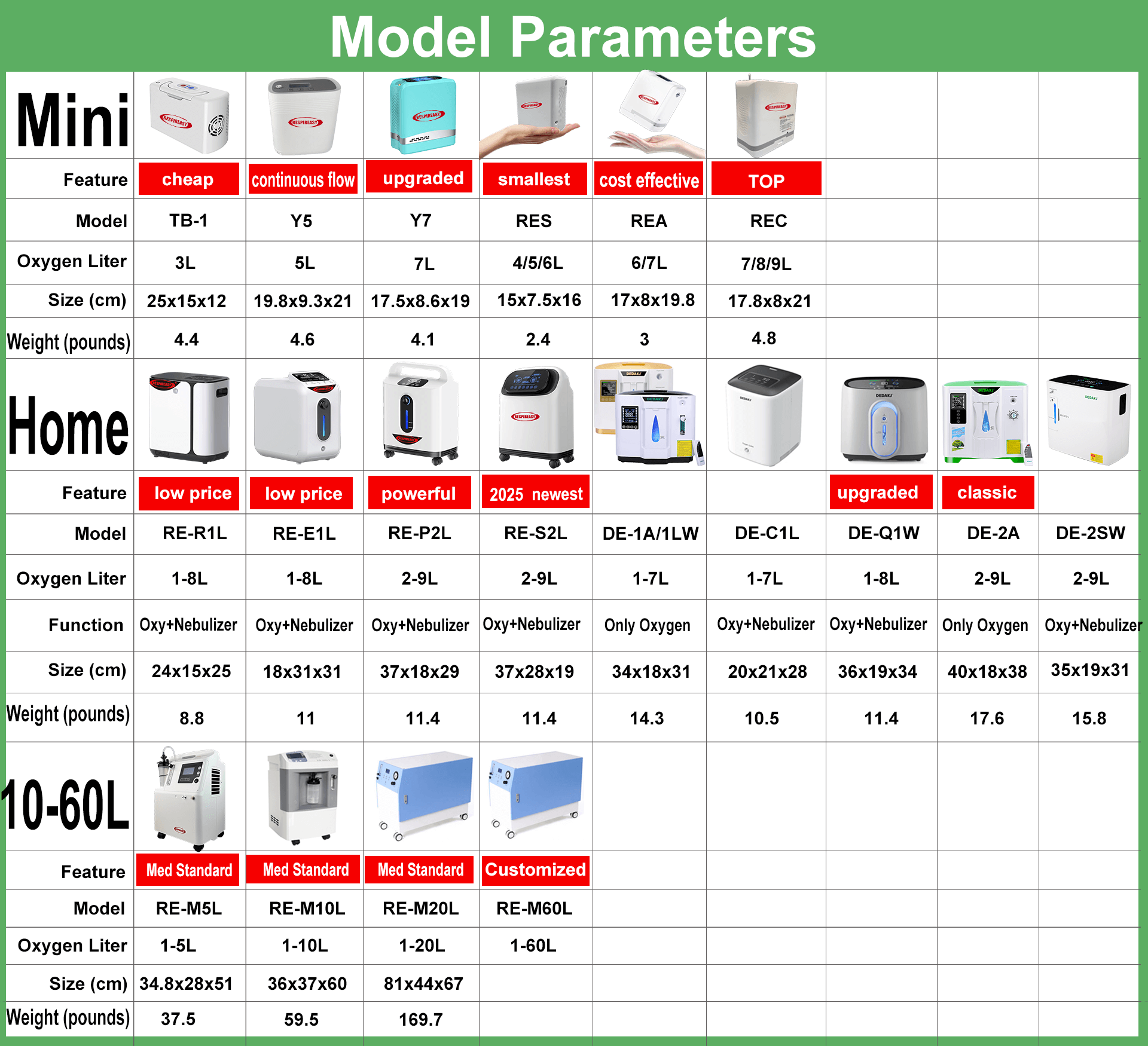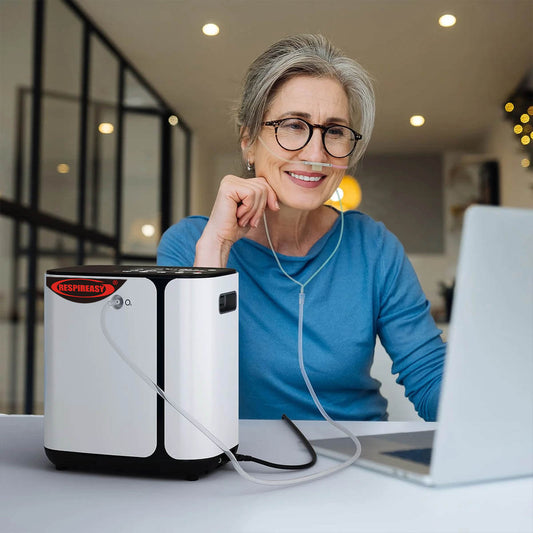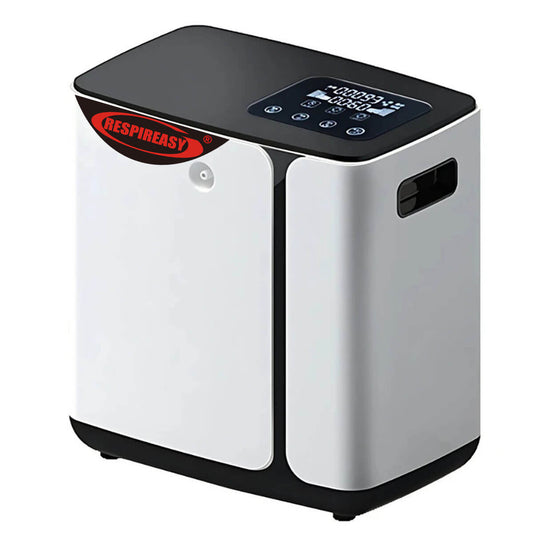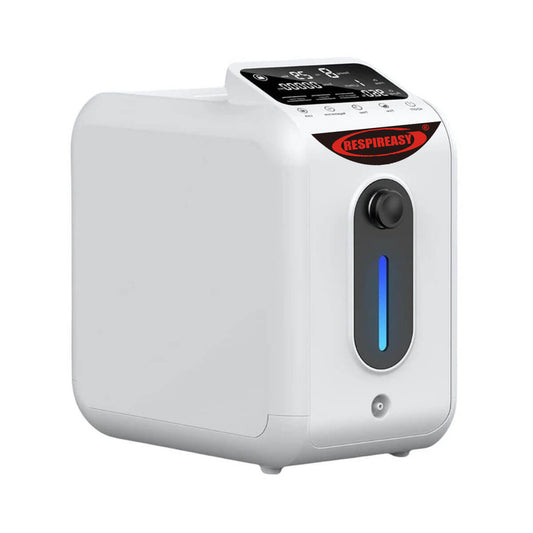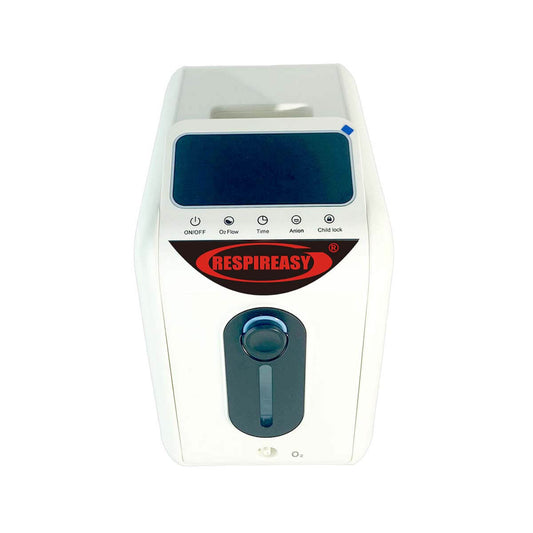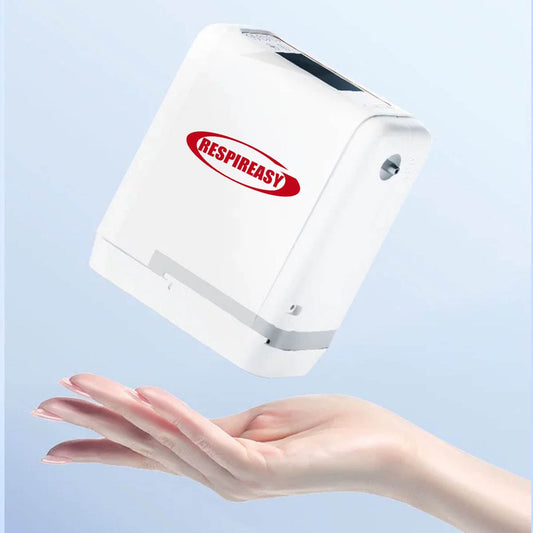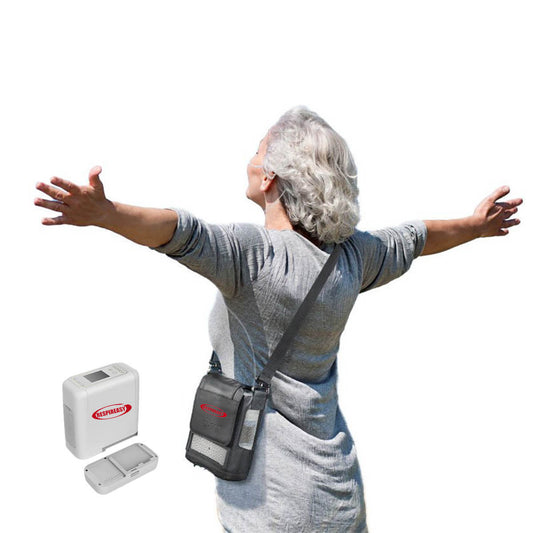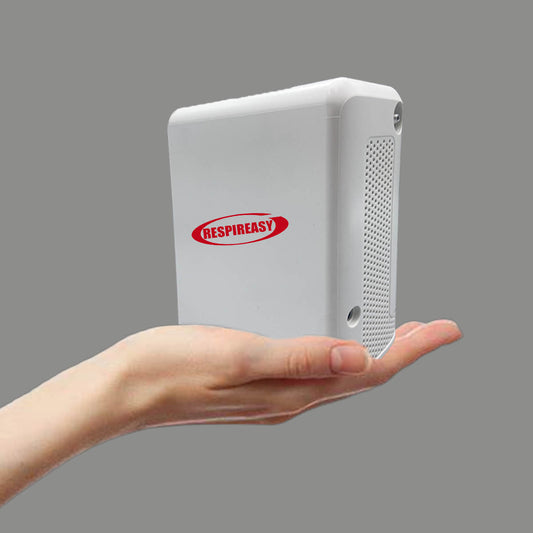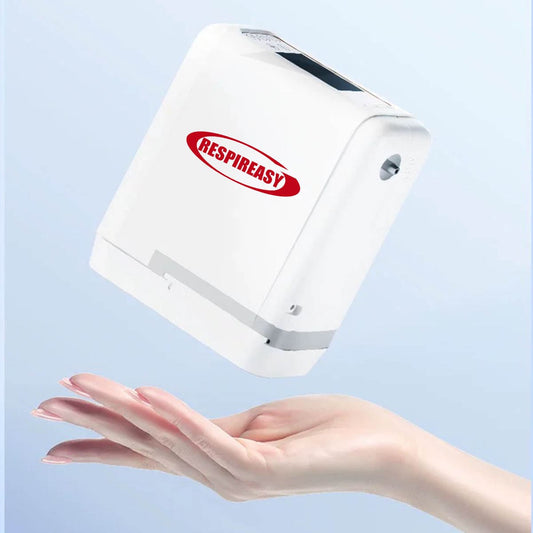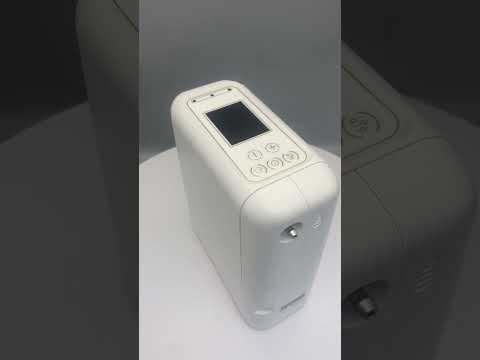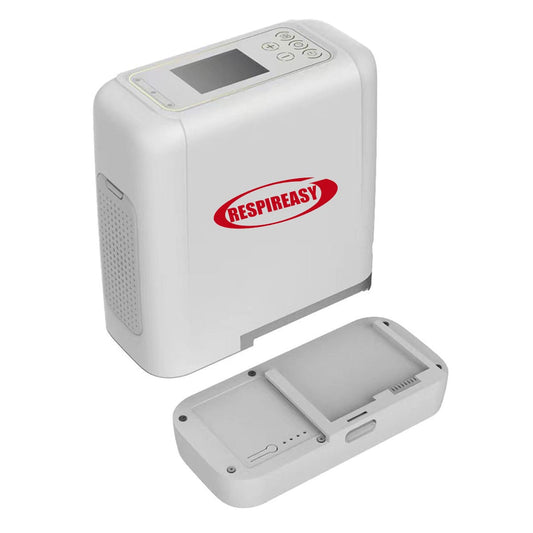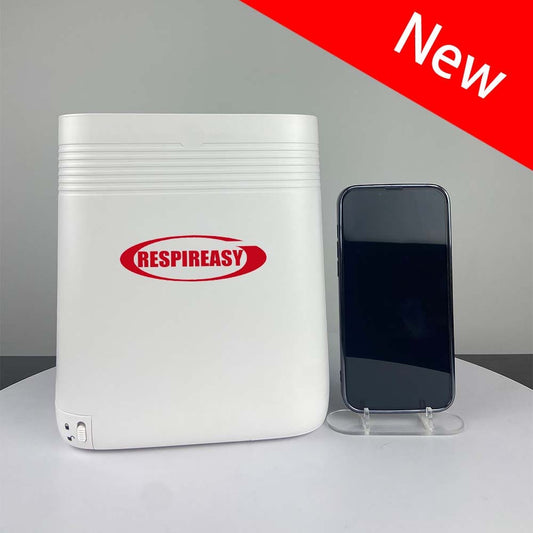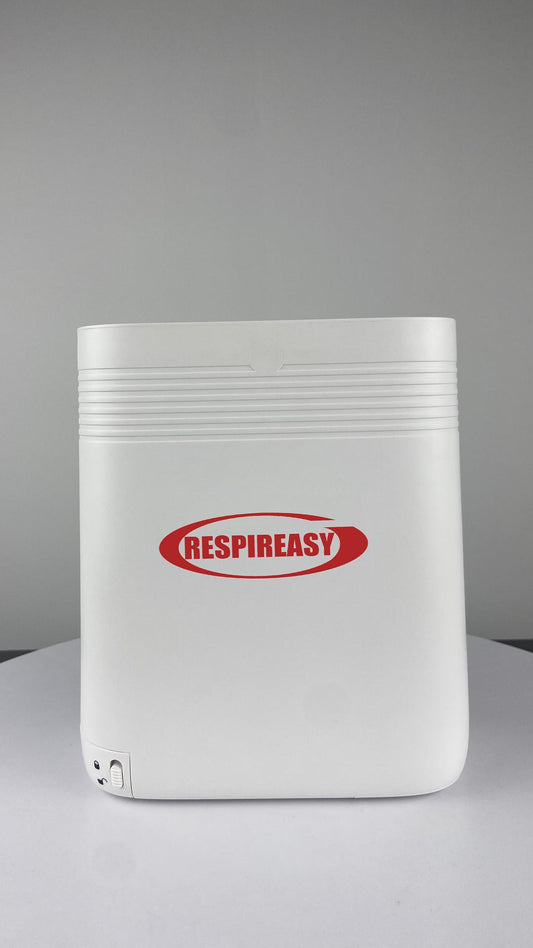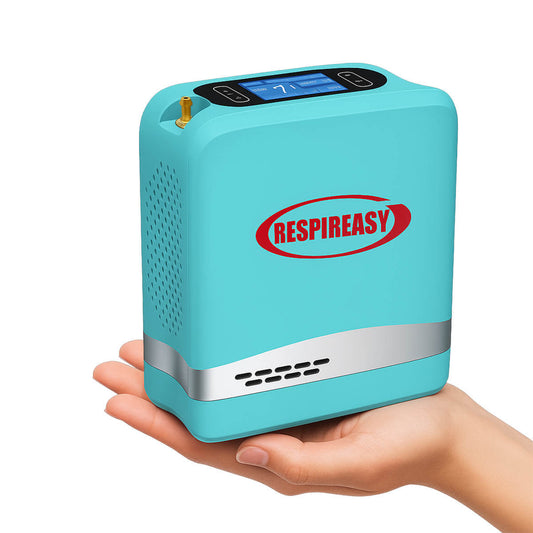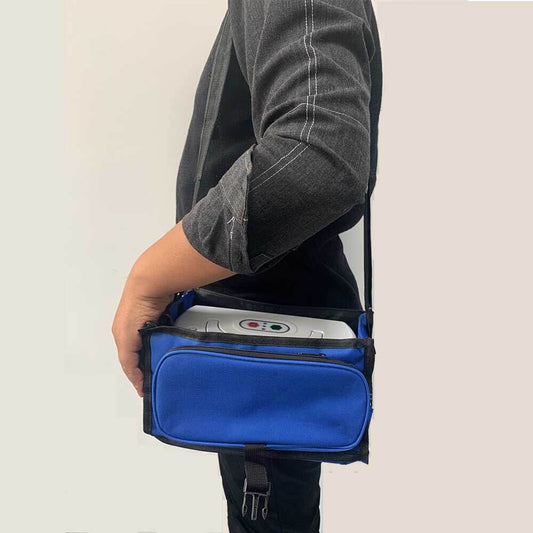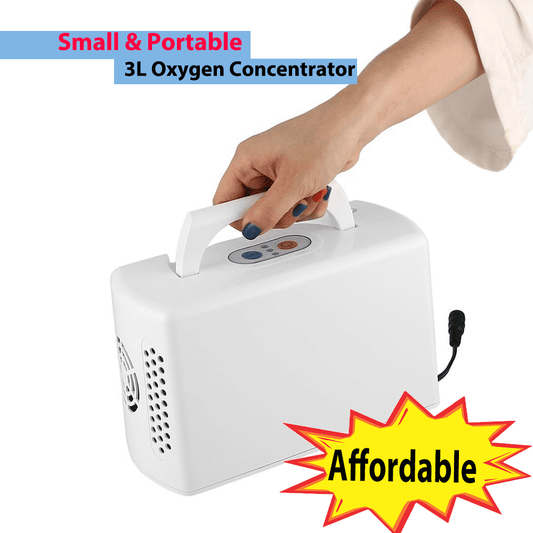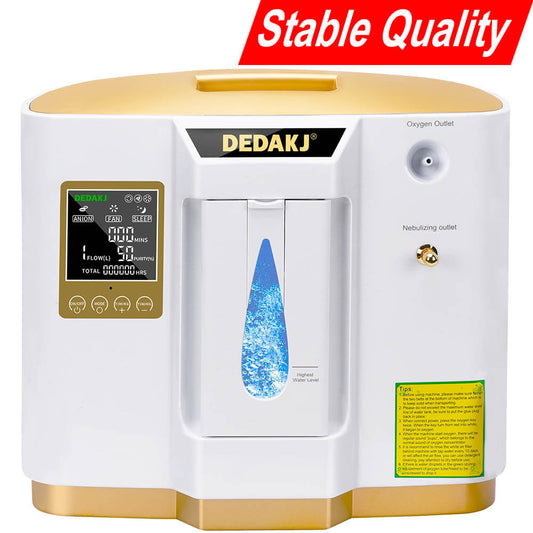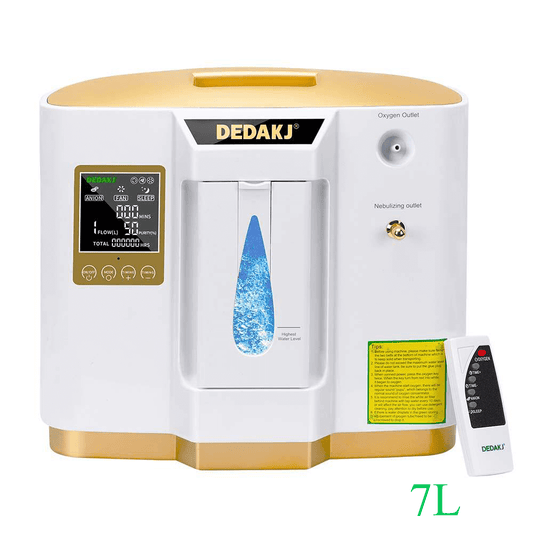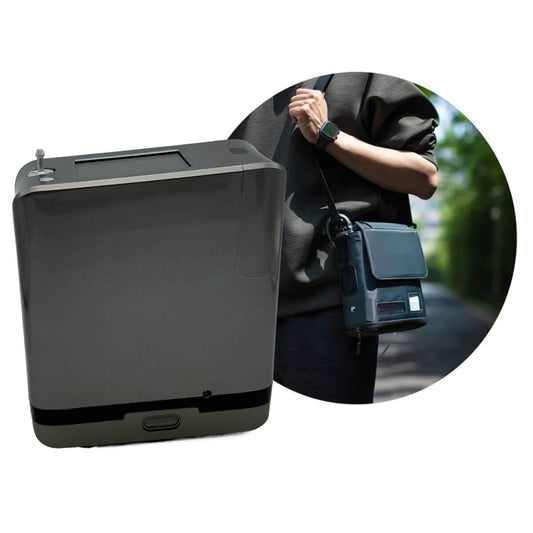DEDAKJ: Are many chronic diseases rooted in hypoxia? Judge yourself whether your body is hypoxic!


When chronic hypoxia occurs, it can accelerate cell aging and easily induce a variety of chronic diseases. Cell aging can reduce oxygen uptake and weaken the ability to utilize oxygen, leaving various tissues in a state of chronic hypoxia, thus entering a vicious cycle. In particular, the brain has a large demand for oxygen. In addition, the brain tissue cannot store glucose and oxygen and relies entirely on the blood to carry oxygen, so it is vulnerable to damage.
Why does hypoxia occur?
1. Physiological factors: After aging, degenerative changes in tissues and organs cause insufficient oxygen supply to the body. This type of hypoxia is irresistible.
2. Environmental factors: Due to insufficient oxygen content in the air, the body's oxygen uptake is insufficient, resulting in hypoxia. If you stay at high altitudes, in hazy weather, or in an unventilated environment, the oxygen content in the air will be reduced.
3. Pathological factors include less inhaled oxygen due to cardiopulmonary disease and insufficient ability to carry oxygen, which in turn leads to hypoxia in the body. Hyperuricemia and high blood pressure have a great impact on blood vessels, which can reduce blood flow or oxygen content in the blood, making it impossible to meet the oxygen needs of various tissues and organs. In addition, being highly stressed, being under great pressure, suffering from sleep apnea, staying up late, etc. can all cause chronic hypoxia.
How to tell if your body is hypoxic?
1, after getting up in the morning, my mental state is poor, I always yawn, and my whole body is tired and weak;
2, the head is itchy and the scalp is numerous, the wounds are difficult to heal, and the skin appears pale or cyanotic;
3, recurring oral ulcers and gum bleeding;
4, pain in the waist and legs, joint pain and leg cramps always occur;
5, blood pressure and blood sugar are difficult to control;
6, emotional instability, inexplicable irritability, and repeated colds;
7, poor appetite, frequent constipation, and susceptibility to gastritis or gastric ulcer;
8, the face becomes dull and edema appears on the limbs or eyelids;
9, often feel dizziness, suffocation, chest tightness, and palpitation;
10, suffering from Alzheimer’s disease;
11, often suffer from insomnia;
12, poor memory, inability to concentrate when doing things, and poor work efficiency.
If 1 to 4 of them are met, it means there is insufficient oxygen; if 5 to 8 of them are met, it means mild hypoxia; if more than 9 of them are met, you should seek medical attention as soon as possible.
DEDAKJ oxygen concentrator DE-2A model 9Liter continuous flow rate model

What are the causes of hypoxic-ischemic encephalopathy in adults?
Adult hypoxic-ischemic encephalopathy is a brain-damaging disease that may be caused by various factors, especially those who engage in high-intensity mental work, or white-collar workers who have been in hypoxic air-conditioned rooms for a long time, are prone to this disease. .
1. Hypoxic-ischemic encephalopathy in adults literally means brain damage disease in adults caused by brain hypoxia or ischemia caused by various factors. It mainly manifests as changes in consciousness and muscle tone.
Hypoxic-ischemic encephalopathy in adults is classified into three categories: mild, moderate and severe. Patients with mild and moderate symptoms are often excited or slow, with normal or reduced muscle tone. Severe cases show coma, weak muscle tone, and frequent convulsions. A few severe patients also have sequelae, such as cerebral palsy, epilepsy, etc.
2. Generally speaking, adult patients with hypoxic-ischemic encephalopathy are mostly high-intensity mental workers, white-collar workers who have been in hypoxic air-conditioned rooms for a long time, patients before and after surgery, tourists to plateau hypoxic zones, insomniacs, and the elderly. and expectant mothers during pregnancy.
3. For ischemic-hypoxic encephalopathy, we can use drugs that nourish brain cells and promote blood circulation and remove blood stasis, and regulate it with the polypeptide Dilong, which not only promotes blood circulation and removes blood waste, but also provides better health care. Keep in good health. People who are often in a hypoxic environment can go outdoors for more activities, such as 20 minutes of fitness dance, aerobics and other whole-body exercises.
4. If you suffer from ischemic hypoxic encephalopathy, you must first reduce your own psychological pressure. Your family members must provide more care and guidance to the patient. Only by having a positive and optimistic attitude can you fully cooperate with the doctor for treatment. As long as you have a firm belief and appropriate methods , a healthy body will definitely come back soon.
DEDAKJ oxygen concentrator is a medical device that can output high-concentration oxygen.
For patients with hypoxic diseases, the oxygen concentrator can well meet their oxygen needs and avoid the replacement of oxygen bottles and hospital oxygen therapy. The trouble that comes is a very good product. When doctors give advice to patients with hypoxia, they will also mention that patients should buy an oxygen concentrator, which can also better deal with temporary hypoxia problems such as household hypoxia.























